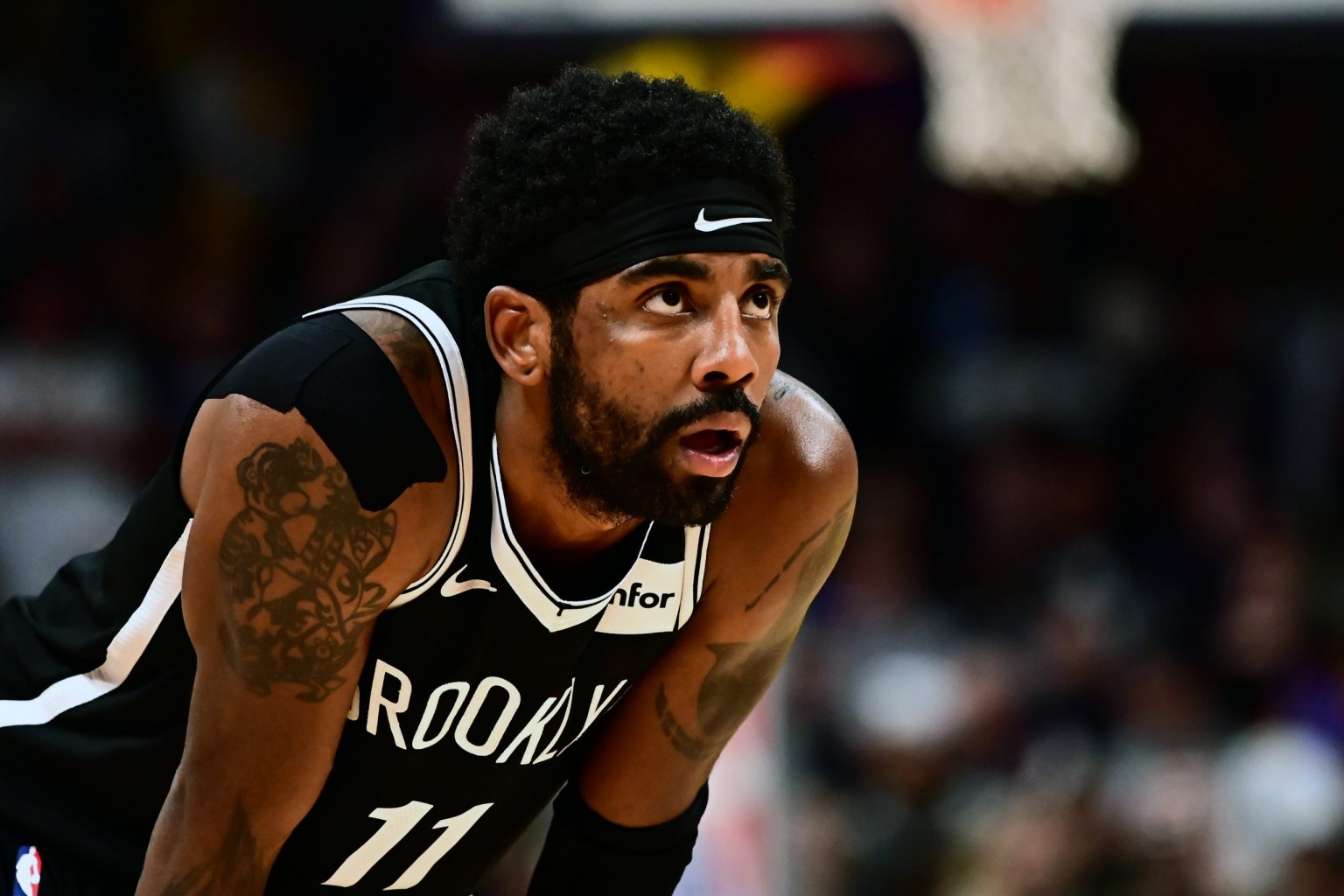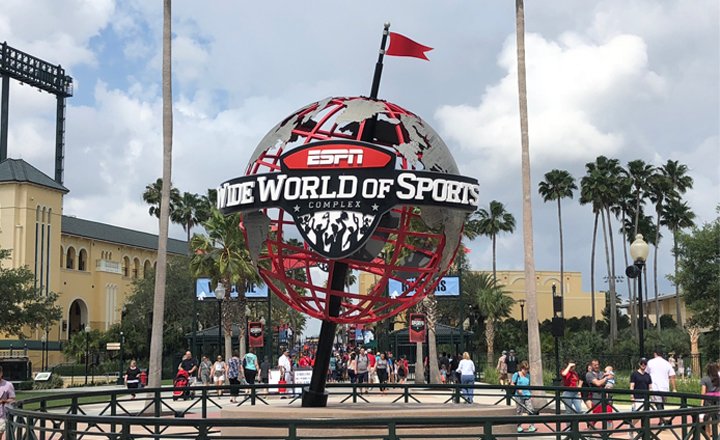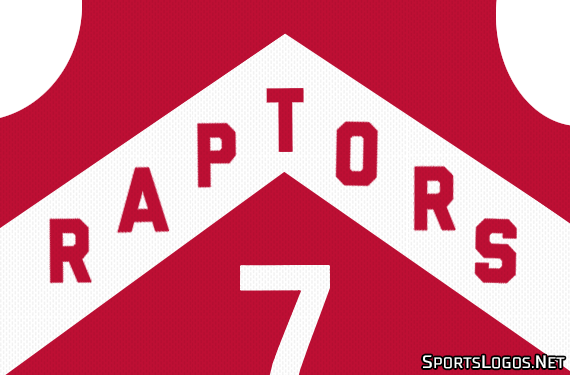Let’s start here: What made the current Black Lives Matter movement for social reform and against police brutality bigger, lengthier, and more influential than ones in the past? What made it so diverse and so united towards one single cause?
The circumstances leading up to the tragic murder of George Floyd certainly played a part.
In the midst of the coronavirus pandemic — one that restricted people to their homes, away from in-person interaction and towards the internet, often with little else to do but scroll — we acknowledged that the virus disproportionately affects Black people, witnessed video evidence of Amy Cooper attempting to use her whiteness to get a Black man in trouble, followed by video evidence of a policeman kneeling on George Floyd until he died and we felt… feelings. We embraced the emotions of sadness and anger that came over us because, unlike during normally busy times, more people had the mental space required to do so.
Trevor Noah does a good job of explaining those circumstances here:
In the absence of live sports and entertainment — along with the inability to fall back on a social life or work (for a lot of people who have lost their jobs to the pandemic) — society is being forced to confront the issue of racism head-on. There are no longer distractions to fall back on. There is this very clear issue of systemic racism, represented by the death of George Floyd, and people have taken to the streets to protest and riot and strike and do all the things that need to be done in order to achieve radical reform in the police and prison systems in North America.
People including your favourite NBA stars, who are leading protests in their communities and spending time and resources fighting for change.
So where does Brookly Nets star Kyrie Irving come into the picture?
Irving, vice president of the National Basketball Players’ Association, held a conference call on Friday night, featuring over 80 players from the NBA and WNBA. They discussed the pros and cons of returning to play in Orlando, Florida, especially as it pertains to “combating systemic racism, investing in black communities and sticking together through this process,” according to Yahoo Sports’ Chris Haynes. Irving is of the opinion that returning to play will halt the forward momentum of the Black Lives Matter movement by providing players and fans with the distraction of basketball.
It’s an interesting curveball thrown into an already complex situation: players had previously expressed concern about returning to play based on, you know, the international pandemic that is still very much a concern in Florida and the United States, where over 115,000 lives have been lost to coronavirus. I can empathize with that concern, but the key difference between coronavirus-fears and the desire to continue the fight for social reform is that when it comes to the coronavirus, certain players or coaches can choose to stay home if they feel unsafe going to Orlando. When it comes to the fight for social reform, the league is in this together: either they play or they don’t.
Let’s put aside for a moment the ugly optics that come with the NBA resuming in the midst of a pandemic in order to secure television money and pay billionaire (mostly white) owners while putting Black bodies at risk. Let’s put aside the ugly optics that come with asking Black players — ones who are very passionately using this opportunity to fight with their communities for social change — to come back to play basketball for white owners and (again, mostly white) fans. Let’s put aside all that because optics are just one side of the story, and the situation is actually much more complex than I just described (for example, a lot of players are less rich than Irving and depend on the money that would come with returning to play. Houston Rockets guard Austin Rivers also made some good points in this Instagram post about how returning to play could bring hope and entertainment to Black kids who are struggling right now. However, I think the entire NBA sitting out the season in unity for justice would send an even bigger message to young Black kids).
Here’s what Irving really hit on the head: sports are a distraction. No matter what kind of platform you give players to speak on social reform during or in between games in a return-to-play-scenario, basketball is still a distraction. It’s not just a distraction for the players who would no longer get to spend time and energy in their communities, it’s also a distraction to the fans; fans who are beginning to feel uncomfortable in the absence of distractions.
And here’s what Irving probably understands a lot better than the white media members criticizing his stance: That white people need to feel uncomfortable if they are ever going to change.
Feeling uncomfortable can lead to educating yourself on the issue, which can lead to empathy and, ultimately, change. I have seen white people, for the first time in their lives, actually try to understand these issues and emphasize with people of colour. And I think a big reason why is because, in the absence of distractions, a lot of white people are beginning to feel genuinely uncomfortable and have no choice but confronting issues of race and privilege head-on.
I have also heard white people bring up the fact that the officers in relation to George Floyd’s death have been charged and that Minneapolis has begun to reform their police department and say, “What are they still fighting for?”
As much as all of us would like to crack open a beer and watch the Toronto Raptors repeat as NBA Champions, there is still too much work to be done. We have to take advantage of the once-in-a-lifetime set of circumstances that led to this moment and use this time to fight for social reform so that Black people can begin to experience safety, justice, and equality in a country they helped build.
Only then can we return to sports.
Did the message get lost OUT HERE?!?! @Uninterrupted pic.twitter.com/FrhfEWA5cM
— Andrew Hawkins (@Hawk) June 12, 2020



